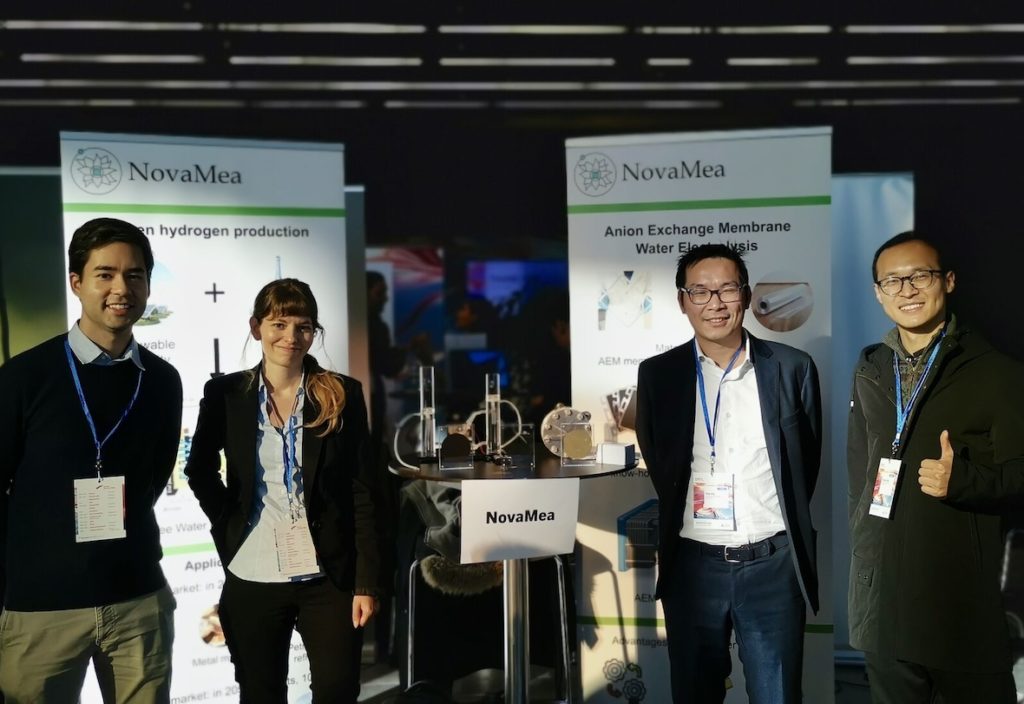
How Swiss scale-up Smixin battles the spread of infectious disease worldwide
12 May 2020

If there is one thing that we have learned during the COVID-19 pandemic, it’s that handwashing is the most effective way to prevent the spread of viruses, germs and bacteria. Swiss cleantech scale-up Smixin has developed an innovative handwashing system combining hygiene and sustainability. The current pandemic has highlighted the importance of practicing good hand […]
If there is one thing that we have learned during the COVID-19 pandemic, it’s that handwashing is the most effective way to prevent the spread of viruses, germs and bacteria. Swiss cleantech scale-up Smixin has developed an innovative handwashing system combining hygiene and sustainability.
The current pandemic has highlighted the importance of practicing good hand hygiene as a means to prevent the spread of infecting agents. Smixin, a company based in Biel, in the canton of Bern, is dedicated to reinventing the handwashing process completely and has developed what might be the most resource-efficient and hygienic handwashing solution ever.
Saving time and water
Smixin’s all-in-one smart handwashing system uses infrared sensors to detect the presence of the hands. The aerated soap and water solution is then distributed ensuring that the perfect water-to-soap ratio is dispensed time after time. The entire operation is contactless, thus eliminating the risk of transferring viruses to and from faucets, dispensers and other surfaces.
Thanks to Smixin’s patented technology, handwashing requires only one deciliter of water. A conventional faucet uses on average 1.2 liters, as long as care is taken to turn off the tap while scrubbing. Not only does Smixin save 90% of water and up to 60% of soap, but it also saves time. “Smixing” hands takes only 10 to 12 seconds, compared to several minutes to wash them properly in the traditional way.
Reducing the risk of a pandemic outbreak
Smixin is affiliated with the Global Handwashing Partnership. As part of its ongoing advocacy efforts, the Swiss company is involved in a study led by the Massachusetts Institute of Technology, UC Berkeley and the University of Cyprus. The preliminary results of the research prove that hand hygiene behavior in airports and the spread of infectious diseases worldwide are closely related. Proper handwashing during air travel appears to be reducing the risk of a pandemic outbreak by up to 69%.

